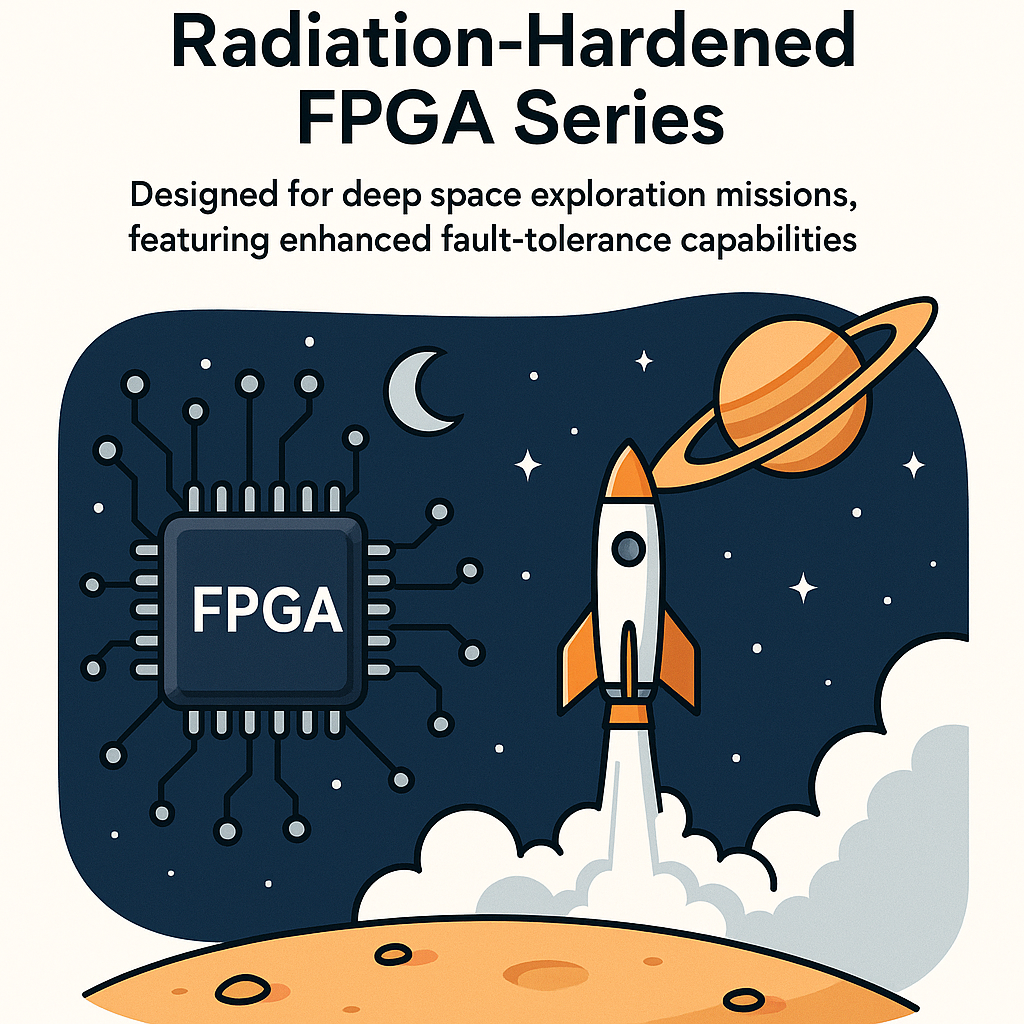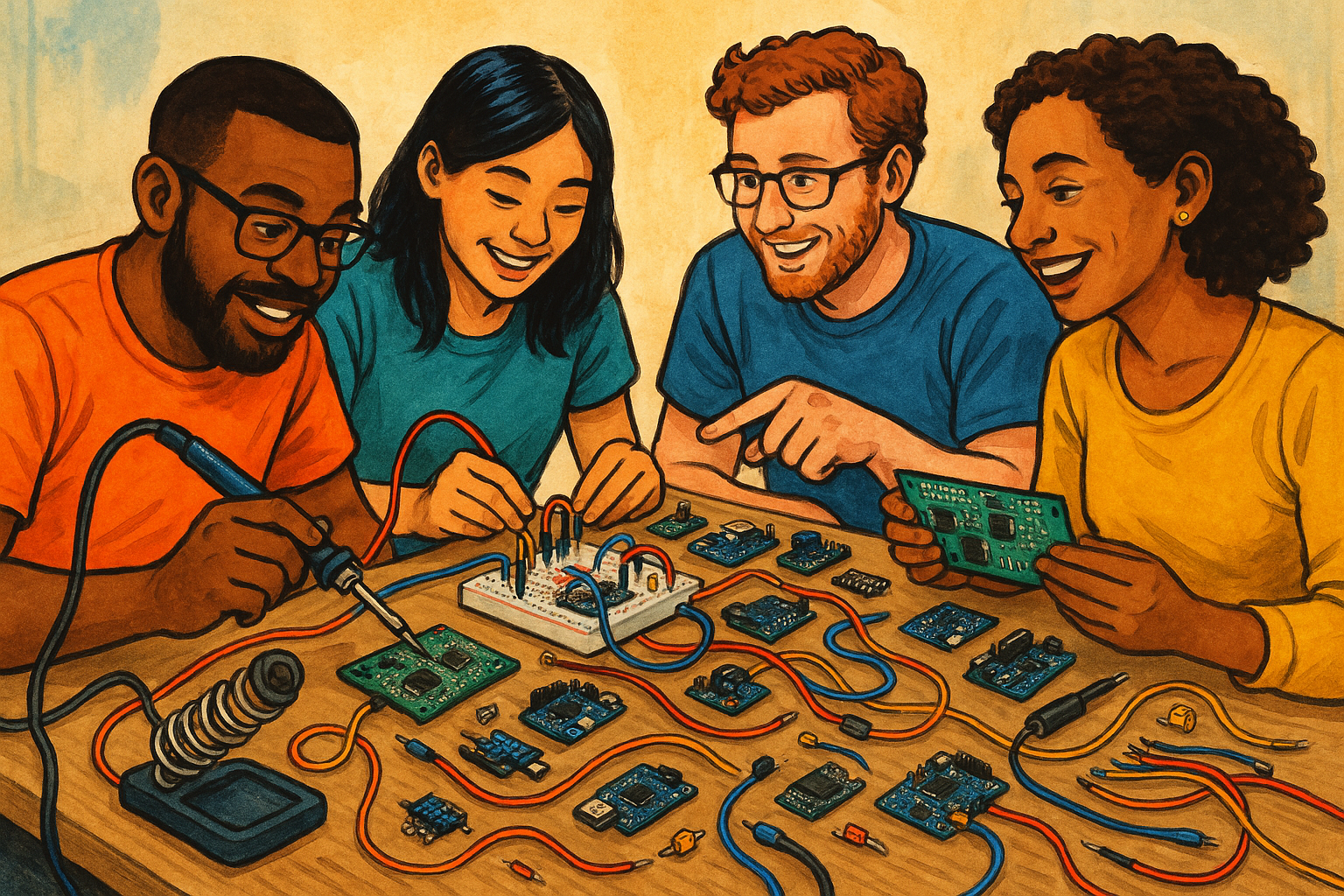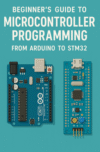Introduction
In the ever-evolving field of space exploration, reliable technology is paramount. The recent launch of a new series of radiation-hardened Field Programmable Gate Arrays (FPGAs) marks a significant advancement in the tools available for deep space missions. These innovative devices are designed to withstand the harsh environments of space while providing enhanced fault-tolerance capabilities, ensuring that critical systems remain operational even in the face of radiation challenges.
What are Radiation-Hardened FPGAs?
Radiation-hardened FPGAs are specialized integrated circuits designed to operate reliably in environments with high levels of ionizing radiation. Traditional FPGAs may fail or produce errors when exposed to such conditions, which is a primary concern for deep space missions. The new series addresses these vulnerabilities with cutting-edge technology.
Key Features of the New FPGA Series
- Enhanced Fault-Tolerance: The new FPGAs employ advanced error detection and correction techniques to ensure data integrity.
- Improved Radiation Resistance: With superior shielding and materials, these FPGAs can withstand higher doses of radiation compared to previous models.
- Flexible Configuration: As FPGAs, they can be reconfigured on-the-fly, allowing engineers to adapt functionalities as mission requirements evolve.
- Lower Power Consumption: Optimized designs ensure that these devices consume less power, which is crucial for long-duration missions.
- High Performance: The new series offers faster processing speeds and increased logic density, enabling more complex computations.
Applications in Deep Space Exploration
The launch of this new series comes at a time when deep space exploration is gaining momentum. Here are some potential applications:
- Satellite Systems: These FPGAs can be used in satellites for communication, navigation, and data processing, enhancing mission reliability.
- Robotic Missions: Autonomous robots sent to explore other planets can leverage the fault-tolerant capabilities of these FPGAs to ensure continuous operation.
- Space Telescopes: Instruments that observe distant celestial bodies can benefit from the advanced processing power of these FPGAs.
- International Space Station (ISS): Upgrading existing systems on the ISS with these new FPGAs can boost performance and reliability.
Enhanced Fault-Tolerance Capabilities
One of the standout features of this new FPGA series is its enhanced fault-tolerance capabilities. In deep space, systems face risks from cosmic rays and radiation, which can lead to single-event upsets (SEUs) and other types of failures. The new FPGAs incorporate several strategies to mitigate these risks:
- Triple Modular Redundancy (TMR): This technique involves duplicating critical components to ensure that if one fails, the other two can maintain functionality.
- Self-Testing and Diagnostics: Built-in mechanisms allow the FPGA to run checks on itself and report any issues before they lead to mission failure.
- Dynamic Reconfiguration: In the event of a detected fault, the FPGA can dynamically reconfigure itself to bypass the faulty area and continue operating effectively.
Comparative Analysis with Previous FPGA Models
When comparing the new radiation-hardened FPGA series with previous models, the advancements are clear:
- Higher Radiation Tolerance: Previous models could handle limited radiation, while the new series is designed for extreme conditions.
- Superior Processing Power: The latest FPGAs offer enhanced logic resources and speed, enabling more complex applications.
- Improved Integration: The new series is easier to integrate with existing systems, facilitating upgrades without complete overhauls.
Conclusion
The launch of the new radiation-hardened FPGA series stands as a transformative leap for deep space exploration technology. With enhanced fault-tolerance capabilities and improved performance, these FPGAs are set to play a crucial role in the success of future missions. As space agencies and private companies look to explore the far reaches of our solar system and beyond, the reliability of onboard systems will be more important than ever. Investing in this advanced technology ensures that we are better prepared to face the challenges of deep space and unlock the mysteries of the universe.



